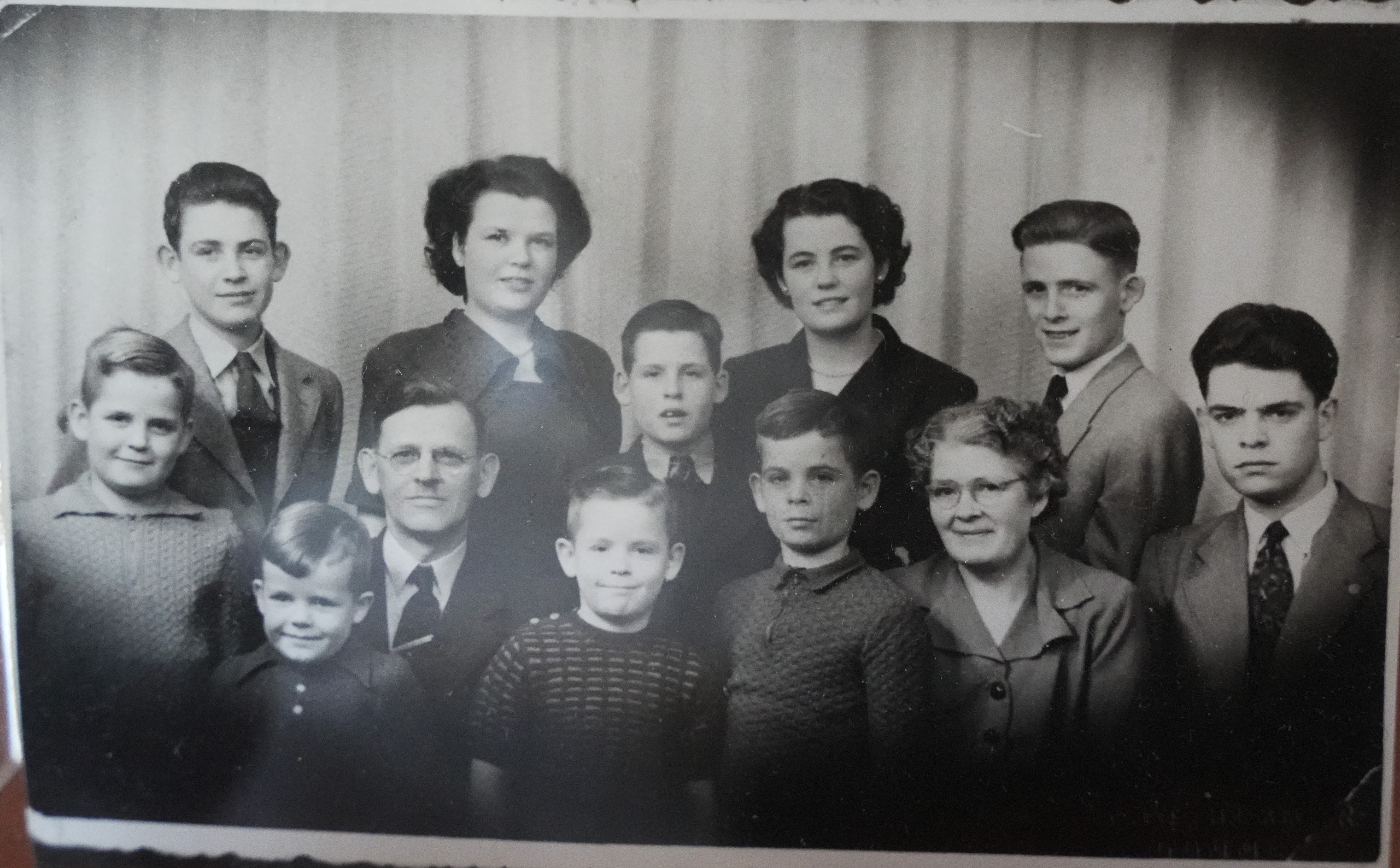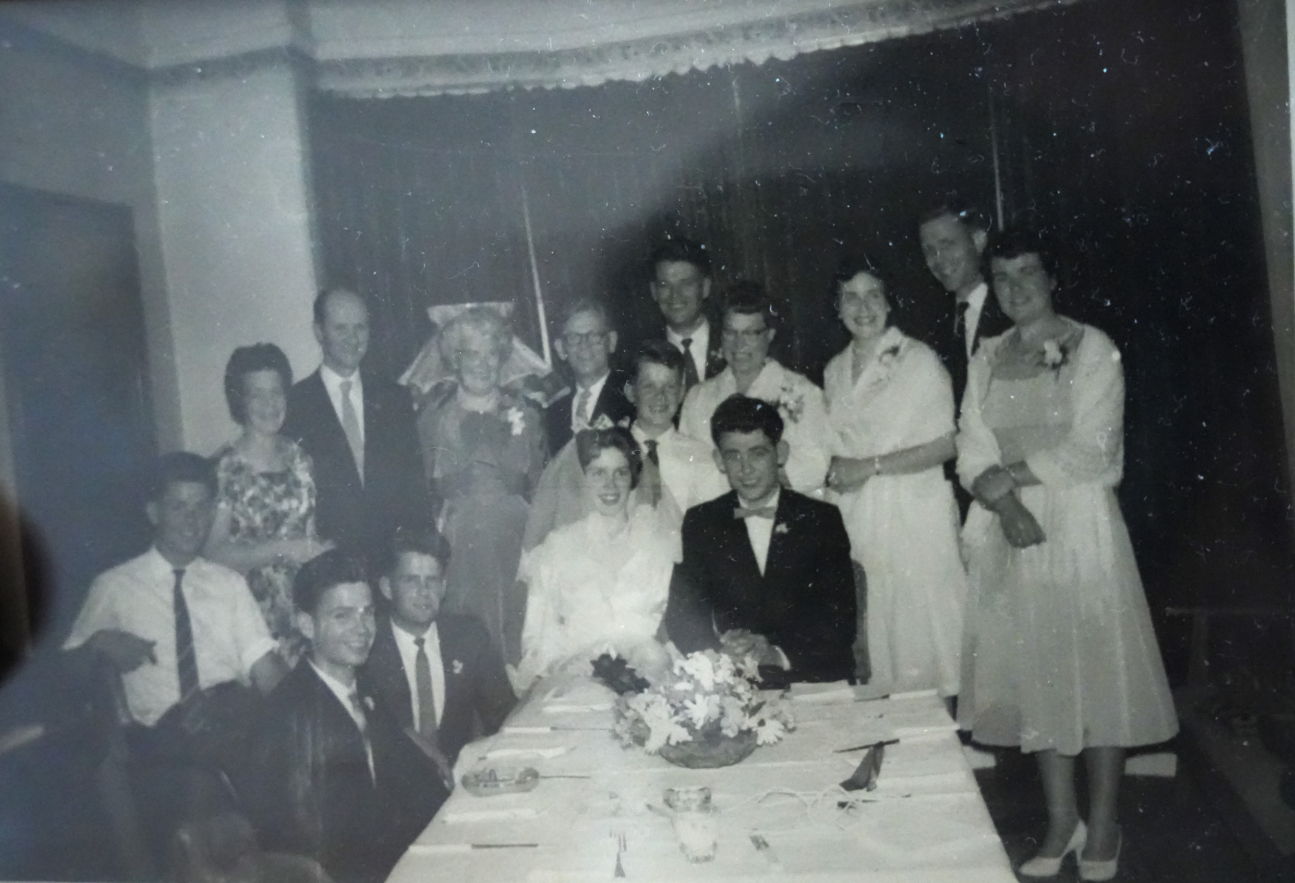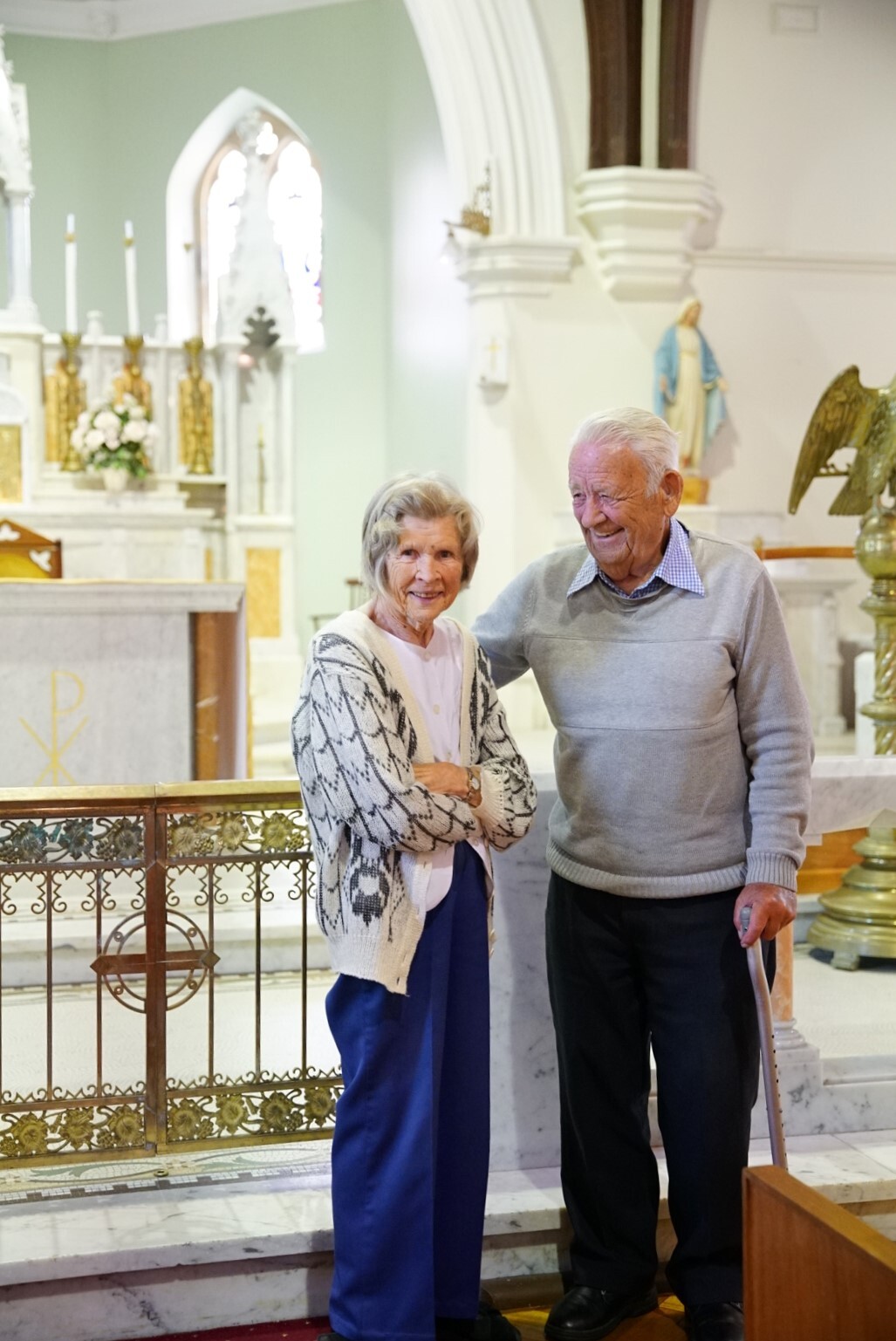I was born on the 5th of the 7th, 1936 in a little town called Leerdam. We went through the war, of course, and we had a lot of trouble making ends meet.
The Germans took all our assets. My father had a bakery and my mother had a cake shop. After the war he couldn't start again, so he sold whatever he had and he went to a place called Gouda.
In the meantime, I started primary school at aged 6. By the time we left Leerdum I was four years into my studies and went to a Christian school in Gouda.

At the age of 12, I had to give it up, because we were so poor that we couldn’t make ends meet. And so, I had to find myself a job. I left school at 12 in grade 6. And then from there on I worked as a car mechanic apprentice until my dad decided to migrate.
He tried across so many countries, first Canada, then America, then Africa, and New Zealand. Then he found out in the same town we were in there was a gentleman that migrated to Australia. And so he got his address, the man said he had only just arrived so he couldn't help. But there was a family there in Kingston, his name was Mr. Groothouse, a beautiful man and he sponsored us out. I was 16.
We settled in Tasmania in James Ave in Kingston, that was all organised by the Dutch community, they are great people. They really helped us. I had to find myself a job. I wanted to be a mechanic still, as a motor mechanic. I've tried a couple of jobs, but I couldn't speak English. A friend of the family found a job in Hobart as a panel beater and so I became a panel beater for 18 years.
After 18 years, I finished up panel beating, and I was a representative for Peters Ice cream but that only lasted one year. There was a retaining wage, but the retaining wage was not enough with our four boys going to a private school. I decided to work for my brothers at Laver Construction, and they gave me shares in their building company, so I stayed there for 24 years.
Dirk’s Brother, Gerry Verdouw was an early member of Christian Homes Tasmania and was the first Chairman. Gerry met the founders through the Dutch community and Reformed Church. The Dutch community thrived in Kingston, many pooled resources together to create much of the existing structure of Kingston today.
My brother was one of the people to start it off (CHT) he was one of the first people to help them (the founders). I was working behind the scenes. I helped build the Free Presbyterian Church, voluntary, of course, because it was a panel beater!
Then there was building the Calvin School, they started to raise funds and I happened to be a Leader of the youth group. So, we went from door to door selling apples. One of the boys that previously worked in the panel beater shop said his father had an orchard down the channel. And so I said, “has your father's still got apples?” He says, “Oh yeah. They've got about two or three bins of no good apples.” So I went there with one of the members of the church and a truck and we took two bins. We sold half a case for 2 shillings of 6 pence. And the full case for five shillings. And the first lot we sold I think we made about 48 pounds and that was a lot of money. In those days it was about 3 or 4 wages. And I did that twice. Then we started building with the money raised, I'm a welder as well, so there was a lot of steel work to be done.
So, my brother Gerry and myself, and Mr Spoelstra did all the welding. I eventually retired doing voluntary work. It was mainly bus driving and helping out building here and there, when people needed a hand, I was there to do it. When you're a bus driver, you get a lot of pensioners to take shopping, “Can you do this for me? Can you do that for me?” I was always busy, I enjoyed that.
Dirk’s face lights up when you ask him about his wife Dorcas. Between the 50s and 80s the Australian and British government funded migration to Australia through the ten-pound assisted passage scheme to increase the population of Australia.

What happened is that all the boys migrated to Australia and not the girls. So, the government said, “The girls can come to Australia free of charge work here for two years and they go back to England” she came here with another girl. That girl found her boyfriend in Sydney. And so she was on her own, and she wanted to see a bit more of Australia and she came to Tasmania. She was a child nurse and worked here at the Clarendon Children's Home in Kingston. That was right next to where I was living.
A friend of mine said, “Would you like to come on a blind date?” I did.
It was love at first sight. She didn't want to go back to England anymore, I gave her the opportunity she said, “No, I'd like to go through life with you”, and I'm pleased she did, my life has been perfect since.
After a stint in hospital, Dorcas moved to Hawthorn Village and Dirk followed soon after. They live in different areas of Hawthorn but have windows that face one another.

I was given the option to have a room next to her or this one. I chose this room and I think it’s the best room at Hawthorn, in the morning we wake up and wave to each other through the window. I like it here very much. You couldn't find a better place to stay. The staff are very obliging and bend over backwards to please you.
I met her in ‘58- 59, in 1960 we got engaged, in 1960 I married my dear wife at the age of 24. It’s been 64 years.
You couldn't find a better wife. She is God's gift to me we’ve had a really beautiful and God blessed marriage. We’ve travelled through life together and I wouldn't want to change it.
We had four lovely boys and they married, and we have 4 lovely daughters in law. 13 grandchildren and 26 great grandchildren, so far.